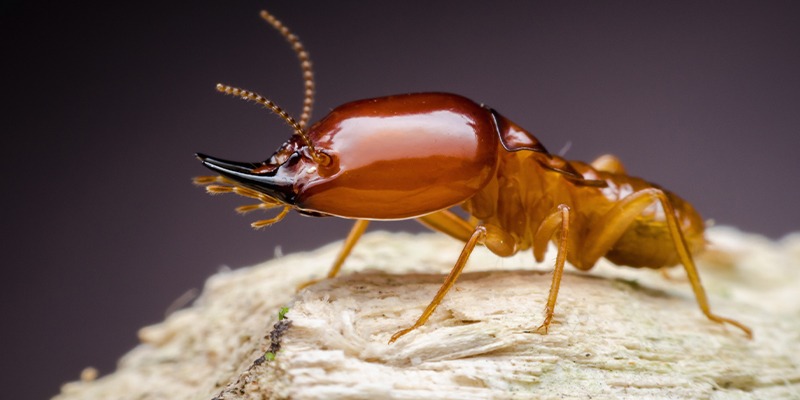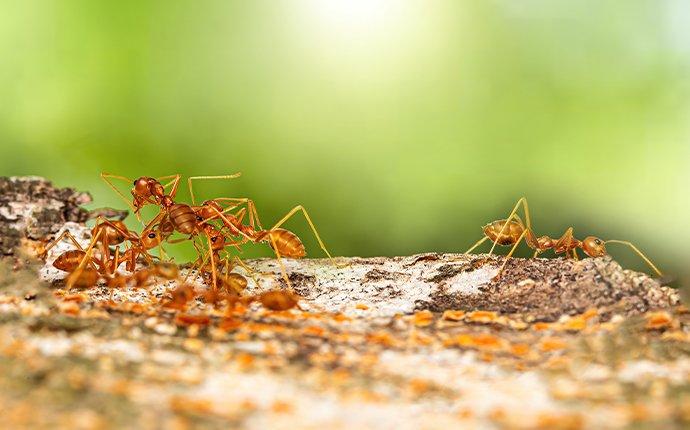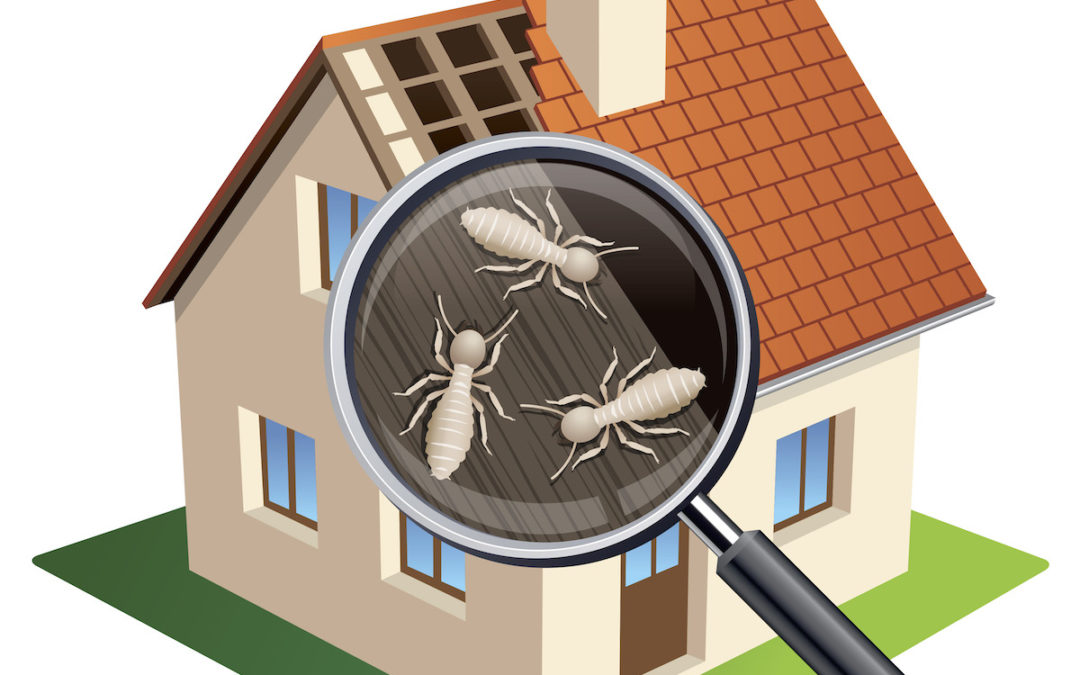Budget Friendly Ant Control Solutions: Maintain Your Space Ant-Free
Budget Friendly Ant Control Solutions: Maintain Your Space Ant-Free
Blog Article
Environmental Effect of Insect Control: Balancing Efficiency With Sustainability
The environmental influence of insect control is a critical issue that needs a delicate balance between attaining performance in taking care of parasites and making sure sustainability of our ecosystems. From the usage of damaging chemicals that seep into our dirt and water to the unintentional consequences on non-target varieties, the repercussions of standard parasite control methods are far-reaching.
Unsafe Chemicals in Bug Control
The use of hazardous chemicals in bug control postures substantial ecological and wellness dangers that call for cautious consideration and mitigation approaches. Chemicals, insecticides, and herbicides are frequently utilized to eradicate parasites, but their extensive application can bring about unintentional consequences. These chemicals can pollute dirt, water sources, and the air, influencing not only the targeted pests yet likewise beneficial pests, wildlife, and humans.

To deal with these risks, integrated pest monitoring (IPM) methods are being promoted as an extra lasting option. IPM involves a mix of approaches such as organic control, habitat control, and the targeted use pesticides as a last resource (ant control stalling nc). By adopting a holistic method to pest control, we can minimize the ecological and health and wellness effects connected with damaging chemicals while properly handling pest populaces
Effect on Non-Target Species
Thinking about the unintentional repercussions of bug control methods, the effect on non-target varieties is a crucial element that needs detailed examination. While parasite control procedures aim to target particular bugs, various other microorganisms in the community might be accidentally affected. Non-target types, consisting of valuable bugs, birds, creatures, and also plants, can suffer direct or indirect injury from pesticide applications or biological control techniques.
Insecticides made to deal with a particular bug pest might damage pollinators like bees or natural predators such as ladybugs. Organic control agents, if not species-specific, can posture threats to unintended targets, interrupting the eco-friendly equilibrium.
To reduce the influence on non-target species, incorporated insect monitoring (IPM) strategies that highlight an all natural strategy to pest control are suggested. These approaches prioritize the use of eco-friendly practices, reducing injury to advantageous microorganisms while effectively managing pest populations. Performing complete danger assessments and keeping an eye on the results of parasite control initiatives are important action in guarding non-target varieties and promoting general ecosystem health.
Dirt and Water Contamination
Unexpected environmental effects of insect control approaches extend beyond affecting non-target species, with significant ramifications for soil and water contamination - ant control. Chemicals, herbicides, and chemical plant foods used in insect control can seep into the soil and contaminate groundwater, presenting a danger to both aquatic and terrestrial ecological communities.
Water contamination is another vital concern associated with pest control practices. Runoff from farming areas treated with pesticides can carry these chemicals into nearby water bodies, impacting aquatic organisms and water high quality. Contaminants in water sources can have far-ranging consequences, affecting not only aquatic life yet also human wellness with the intake of infected water or aquatic organisms. To alleviate dirt and water contamination from bug control tasks, incorporated parasite management methods that prioritize sustainability and minimize chemical inputs are vital.
Air Contamination From Chemical Usage
Direct exposure to air-borne pesticides throughout agricultural applications postures a significant worry for air pollution control procedures. Additionally, chemical drift, where chemicals are carried by the wind to unexpected areas, can lead to the contamination of nearby ecosystems and water bodies.

Techniques for Lasting Parasite Control
In the realm of farming methods, applying sustainable parasite control methods is paramount for keeping eco-friendly equilibrium and safeguarding crop returns. Sustainable bug control highlights the use of ecologically pleasant techniques to manage insect populations successfully while decreasing damage to non-target microorganisms and environments. Integrated Parasite Management (IPM) is an extensively taken on approach that combines biological, cultural, physical, and chemical control approaches to achieve long-term insect monitoring remedies.
Crop turning and diversification are additionally efficient methods to interrupt pest life cycles and create much less desirable conditions for bugs to flourish. Eventually, by integrating these lasting pest control techniques, farmers can accomplish a balance between pest blog here monitoring efficiency and ecological stewardship.
Verdict
To conclude, the environmental impact of bug control methods must be carefully thought about to stabilize effectiveness with sustainability. Harmful chemicals used in insect control can lead to dirt and water contamination, air pollution, and injury non-target species - termite control services. It is essential to carry out lasting insect control methods to lessen these adverse effects on the atmosphere and advertise a healthier ecosystem for future generations
By taking on a holistic method to pest control, we can minimize the ecological and health influences associated with dangerous chemicals while effectively managing pest populaces.

To minimize the air pollution caused by chemical usage, it is crucial to embrace integrated insect monitoring strategies that prioritize the usage of non-chemical insect control approaches, such as plant rotation, all-natural predators, and resistant plant ranges. Sustainable pest control highlights the usage of eco pleasant approaches to manage pest populaces efficiently while minimizing harm to non-target microorganisms and ecosystems. Integrated Bug Management (IPM) is an extensively adopted technique that incorporates organic, cultural, physical, and chemical control methods to attain lasting parasite management services.
Report this page